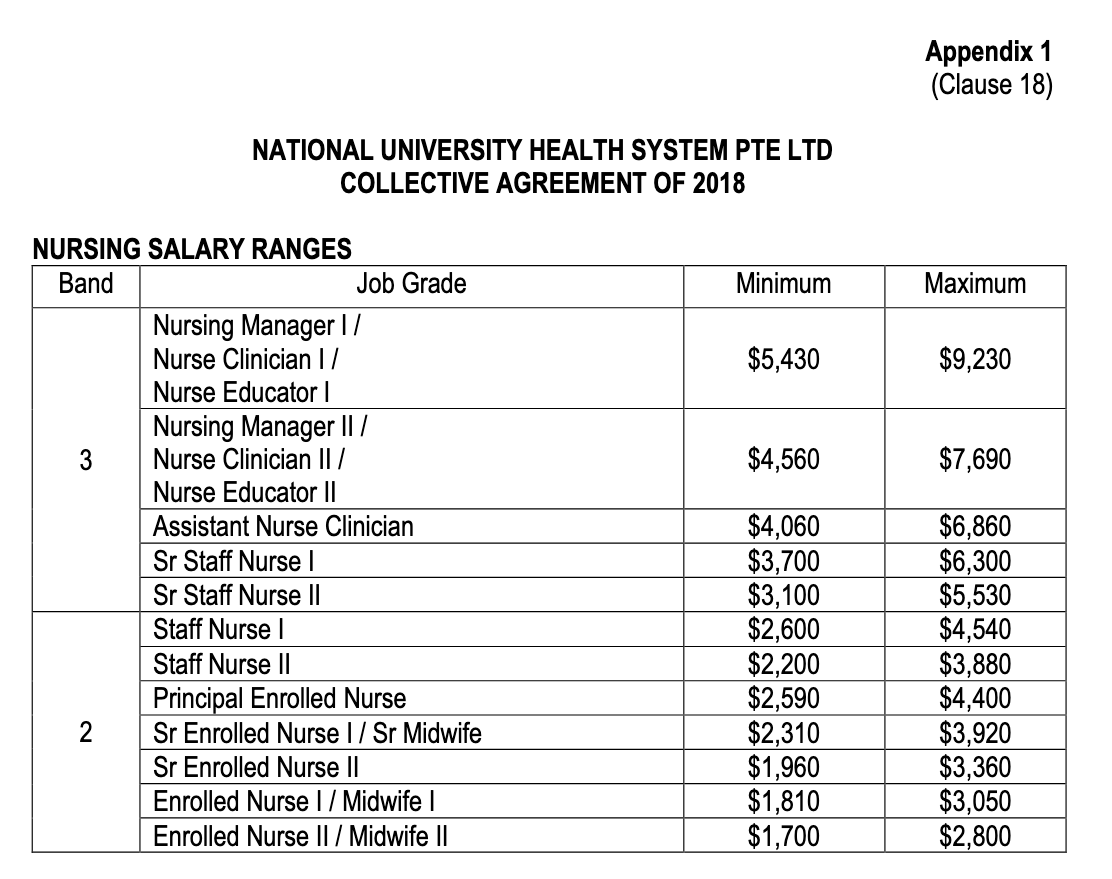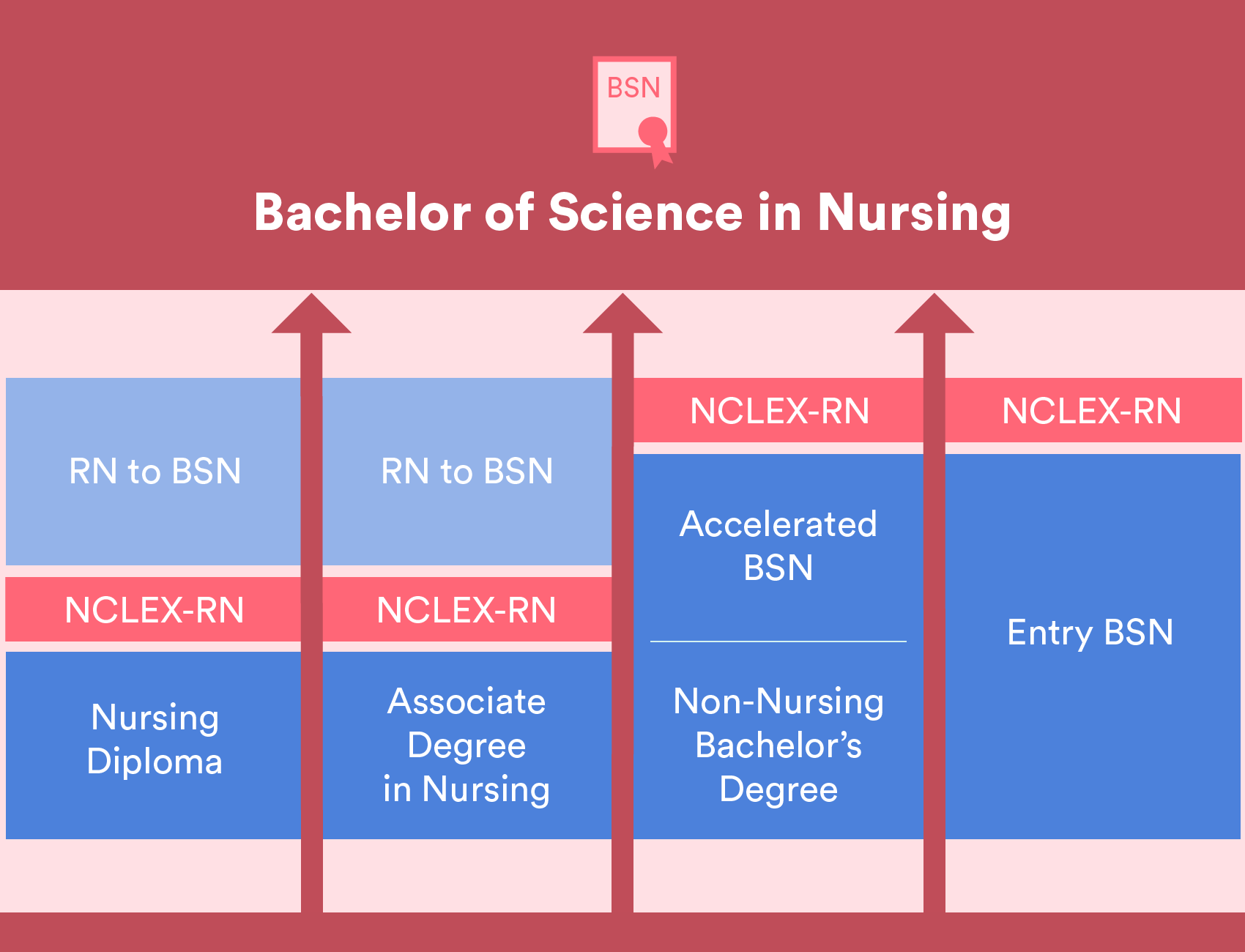
If you're passionate about helping people, you might consider a career with long-term health nursing. These nurses provide care for chronic illness patients, including psychological, medical, and social support. These nurses must have passed nursing school and have a current state license. This is a brief overview of the requirements and career outlook for long-term nursing nurses. To learn more about this career, read on!
Nurses provide medical, personal, social, and psychological care to patients with chronic conditions
Long-term care facility nurses are trained to provide patient-centred care. This is where objective data is combined with the patient's personal experience and preferences. This allows them provide the best care possible for any patient in any setting. Nursing care can be provided in many settings by nurses who have been trained extensively. These are just a few of the many types of nursing care patients have access to.
Patients have more complex medical needs, and may be suffering from multiple conditions. This has made it more difficult for nurses to perform the many tasks that they are required to. Nursing requires highly skilled, well-trained staff in order to provide the highest level of care and the best possible efficiency. Nursing job profiles vary according to the location of the institution.

Responsibilities long-term nursing nurses
The Responsibilities of Long-Term Care Nurses is a resource that gives registered nurses an overview of the field. This book covers the key responsibilities of longterm care nurses. It also provides guidance for how to apply evidence-based knowledge in long term care settings. It also discusses key facts as well as competencies, such self-care. The book also includes legal topics, including the supervision and licensing of unlicensed personnel.
Some licensed nurses are qualified to work as long-term nurse managers. They must be able manage both their responsibilities and those of HCAs while still striving for continuous improvement. Long-term care nurses must also be well-versed in business skills and must adhere to the prescribed care plans for residents. Long-term care nurses are a trusted profession and must be skilled, compassionate, and knowledgeable.
Education requirements
Long-term care nursing has been growing quickly. It is a field that requires highly-skilled nurses with many specialties. Long-term care nurses need to be skilled in observation and communication. They must be able detect early signs of illness, and can treat patients as persons rather than just as needs. These are some tips that will help you get ready for this exciting career. Continue reading to find out more.
A long-term care nurse requires excellent analytical and critical thinking skills. Long-term nursing nurses must not only be physically fit, but they also need to be able work in multitasking and with stakeholders. This position requires a solid understanding of nursing and business. After all, you'll be helping patients for the rest of their lives! As an added bonus, you will also be working with some of the most insecure populations in the globe.

Career outlook
Long term care nurses' career prospects are favorable. Long term nursing is less stressful than other specialties. This allows nurses to spend more time caring for their patients. In short term care, there are often back-to–back situations that require immediate attention. Long-term settings have less stress and urgency. Long-term nursing is the best choice for those who value patient relationships and are able to spend quality time with each patient.
The American Association of Colleges of Nursing released in November 2013 a study on nurses' career prospects. It found that nearly 60 percent of 2012 BSN graduates received job offers upon graduation, compared with 30 percent for those who did not. With a master's level in nursing, there was a greater chance of landing a job. If you are interested in this career, then you are in luck. Below are the statistics you will need to understand about the long term job outlook for nurses.